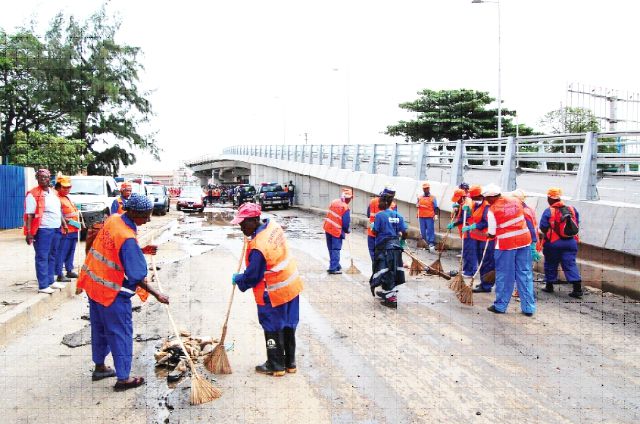
Public-private partnerships interrogated: Found wanting in Ghana
On April 6, 2019, the Vice-President, Alhaji Mahamudu Bawumia, in a speech read on his behalf at the inauguration of a $20-million compost plant by Zoomlion and its partner, was quoted by the Daily Graphic as saying that public private partnerships (PPPs) were essential for the attainment of the Sustainable Development Goals (SDGs).
He was right, but...
Advertisement
A day before, on April 5, a publication was launched titled: “Public Private Partnerships in Ghana: Interrogating the efficacy of a politically convenient practice”.
The publication was the result of a research by a Senior Lecturer of the Department of Political Science at the University of Ghana, Legon, Dr Seidu Alidu, and published by the Friedrich Ebert Stiftung (FES), a German political not-for-profit organisation with offices worldwide.
The research sought to review Ghana's practice of such partnerships in its development since 2010/2011.
The research began on the premise that public private partnerships were "rewarding initiatives in the delivery of quality services that provide value for money and transfer risks and financial obligations to private partners best placed to manage the risks".
After almost a decade of its practice, with elaborate guidelines on successful PPP arrangements, value-for-money analyses, appropriate allocation of risks, local content and technology transfer, among several other such rules, the study sought to review how the effort had contributed to the country's development.
The results of the study were disheartening.
Also disheartening was the fact that no one from the PPP Unit under the Ministry of Finance was present at the launch.
Even more disheartening was the information gathered at the event that overtures to the PPP Unit were rebuffed when the research started and was ongoing.
After almost a decade of its practice, the least our Ministry of Finance could do for us was to review the policy.
If it did not have the resources or was bogged down with "better and more important" issues, it could at least have supported the private institution or the researchers in this endeavour by providing information and clarifying issues.
But as usual, the government sought to plod on in disregard of those for whom and in whose name it acts!
Well, the study mapped out PPP project areas in the country and selected viable projects completed or at various stages of completion in the savannah, middle belt and coastal zone.
Using focus group discussions and key informant interviews, information was gathered and analysed.
The research documented the fact that PPPs were beneficial to local assemblies in getting development projects.
However, a lack of competitiveness in the manner in which projects were awarded, the lack of thorough value-for-money analyses of projects awarded and a lack of transparency and accountability in the implementation of the projects were also documented.
In addition, challenges included the haphazard land ownership and administration system in the country, procedural challenges in the absence of a PPP law, poor negotiations and an inadequate knowledge of PPP and the politicisation of the policy in the award of contracts and in the continuation of contracts awarded with changes in political power.
Although the researchers listed the challenge of the politicisation of the policy as last, I believe that is first and must be dealt with if PPPs are still being considered by politicians as important in the delivery of public goods and services.
The attainment of the SDGs through PPPs will only be a mantra and a mirage if the politics is not taken out of the arrangement.
Next week, I hope to continue on this matter.
Writer’s Email: [email protected]



